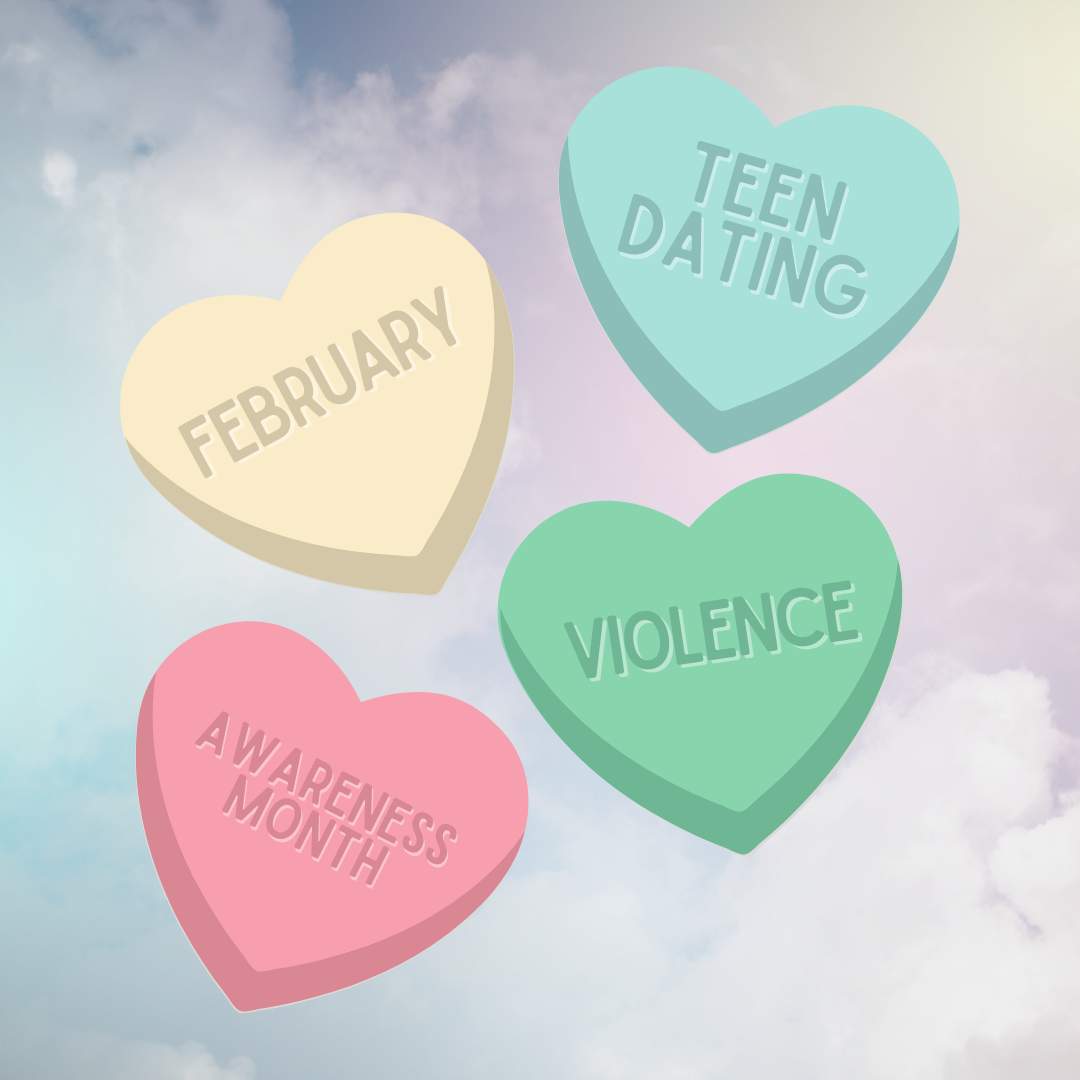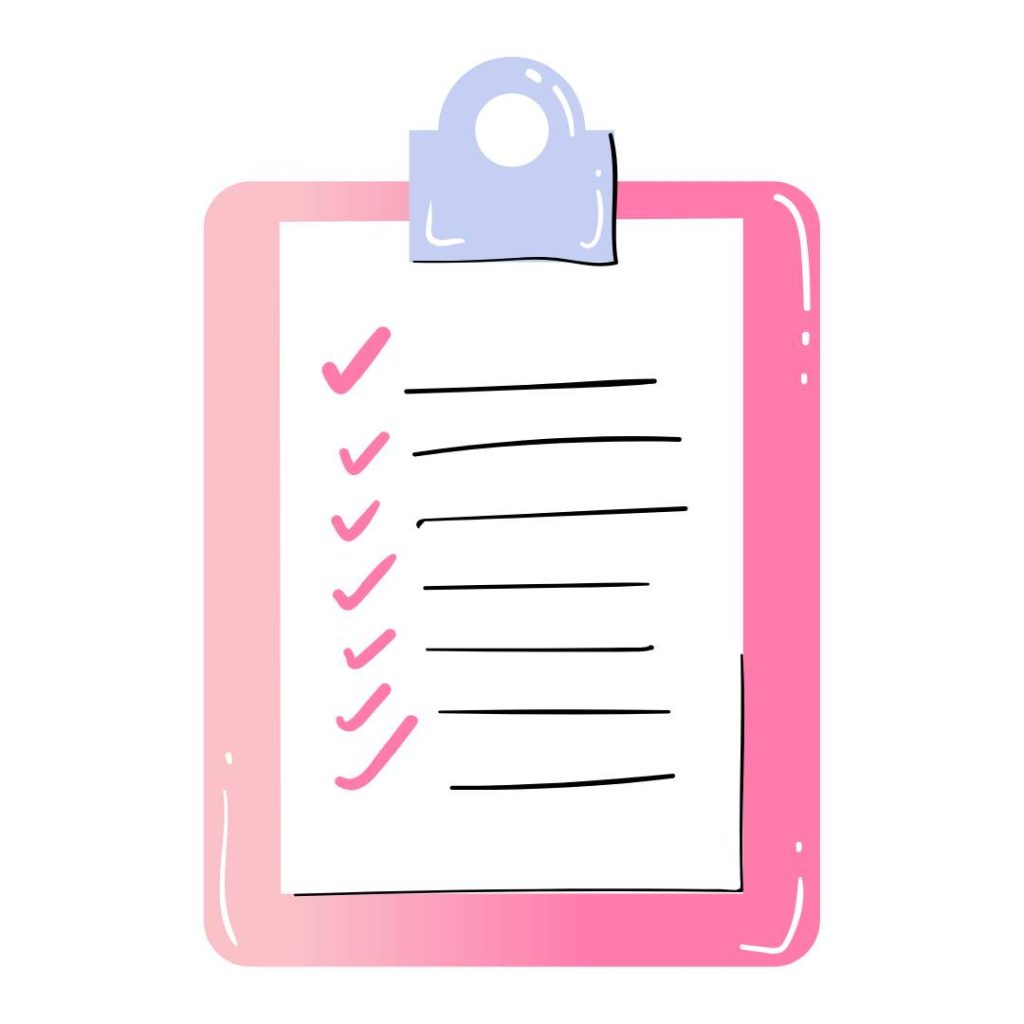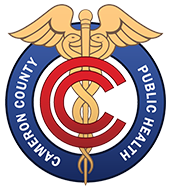Teen Dating Violence
February is National Teen Dating Violence Awareness and Prevention Month (TDVAM). Around 1.5 million high school students in the U.S. are impacted by dating abuse and, it’s time we come together to address this issue.
How can we make our homes and communities safer? By learning to recognize the signs. Keep an eye out to identify potential red flags that you or your teenager may be displaying.










